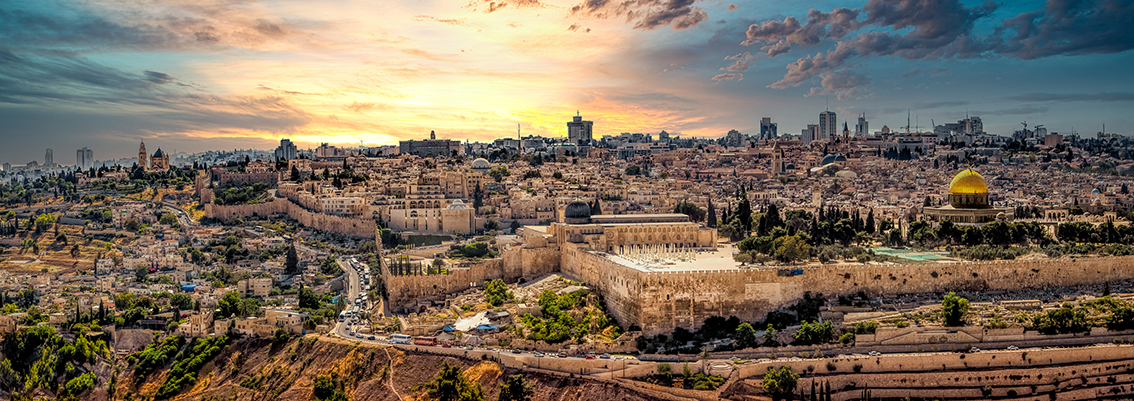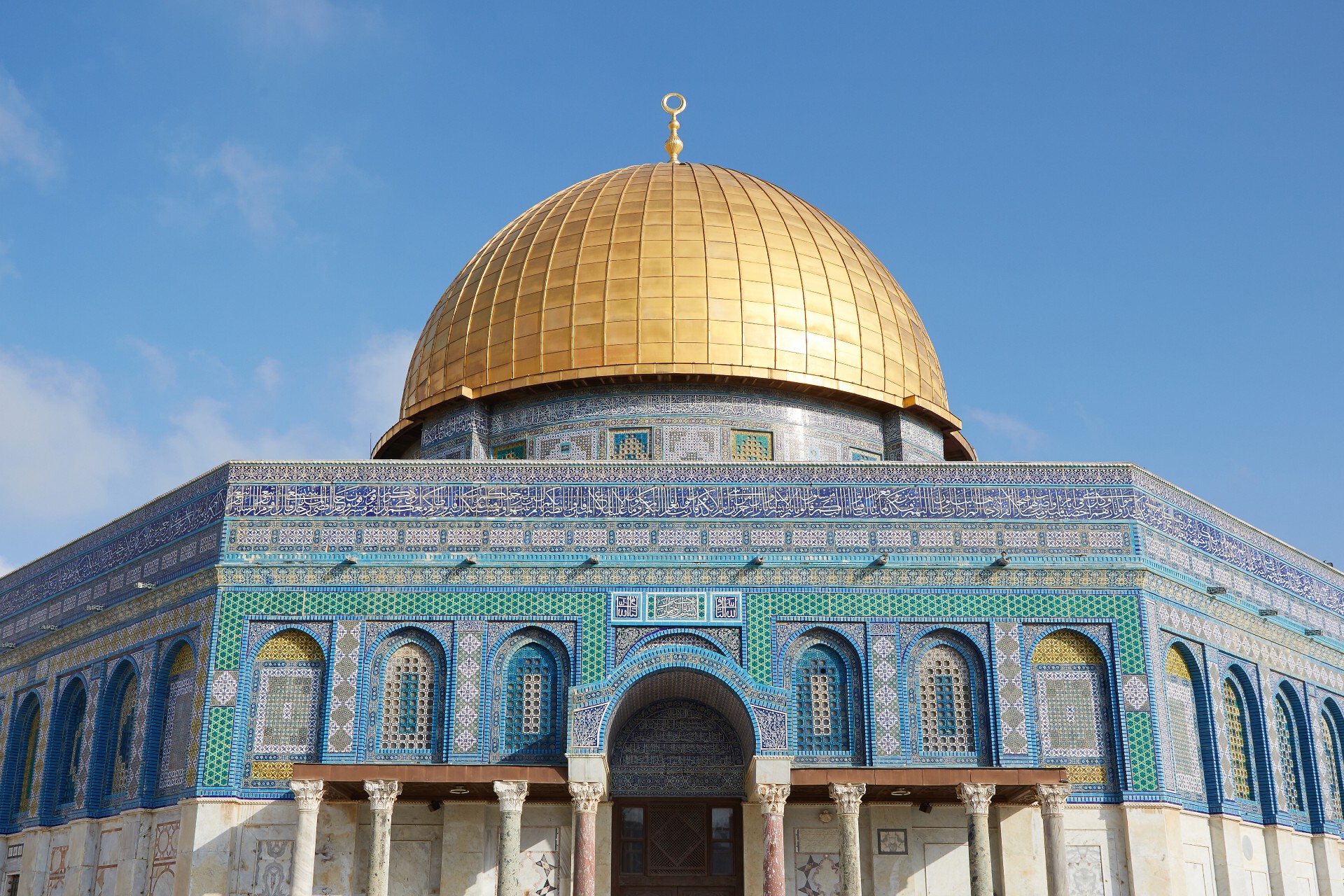Learning objective
- To explore the factors that can shape someone’s experience of a religious or non-religious event.
Success criteria
- I can identify reasons for attendance at events
This content is for subscribers only. Join for access today.
Religious Education Council Curriculum Framework for RE in England (non-statutory guidance):
- A1: Describe and make connections
This content is for subscribers only. Join for access today.
Cross-curricular links
English
Spoken language
Pupils
This content is for subscribers only. Join for access today.
Before the lesson
This content is for subscribers only. Join for access today.
Lesson plan
Recap and recall
Before starting this unit, check that the children can recall: Makkah is an important place for Muslim people. The Qur’an, Sunnah and Hadith are important scriptures for Muslims. The Sunnah contains the practices and example of the Prophet Muhammad, who many Muslims consider to be a perfect role model to follow. The Hadith contains sayings…
This content is for subscribers only. Join for access today.
Extended-mode explainer videos
How to extend your display to view the lesson page and preseantion mode simultaneously. Choose your operating system below to watch the video
If you need further support with extending your display,
please contact [email protected].
Extended-mode explainer video: For Mac
Extended-mode explainer video: For Windows
Adaptive teaching
Pupils needing extra support
Should use the Activity: Thought bubbles (support) to record what people might be thinking, feeling and doing when visiting a significant place, rather than using sticky notes; could focus on fewer images from the Resource: People, place or practice? to reduce cognitive load; could have sticky notes with sentence starters, such as ‘They might feel…’ or ‘They might be thinking about…’ to structure responses when sharing ideas during the class discussion.
Pupils working at greater depth
Should draw out differences in how people might think, feel or act at different events (for example, comparing a concert with a worship service), explaining what makes each experience unique; should recognise how people who cannot attend an event might feel and explain how alternative options (such as livestreaming or online participation) could help them feel connected; should identify the benefits of these alternative options, giving reasons linked to commitment, belonging or accessibility; could discuss other factors (such as history or culture) that might also make a place significant and explain how these might influence different people’s experiences.
This content is for subscribers only. Join for access today.
Assessing progress and understanding
Pupils with secure understanding indicated by: identifying the common features
This content is for subscribers only. Join for access today.
Vocabulary definitions
-
Ark of the Covenant
A chest believed to have held the two stone tablets with the Ten Commandments.
-
belonging
Feeling accepted and included.
This content is for subscribers only. Join for access today.
In this unit
Assessment - R&W Y6: Why is it better to be there in person?
Lesson 1: What can make a space significant? People, place or practice?
Lesson 2: Why might a Jewish person want to visit Jerusalem?
Lesson 3: Why is Jerusalem significant to some Muslim people?
Lesson 4: How can shared challenge bring people together?
Lesson 5: Are all journeys pilgrimages?
Lesson 6: Why is it better to be there in person?





